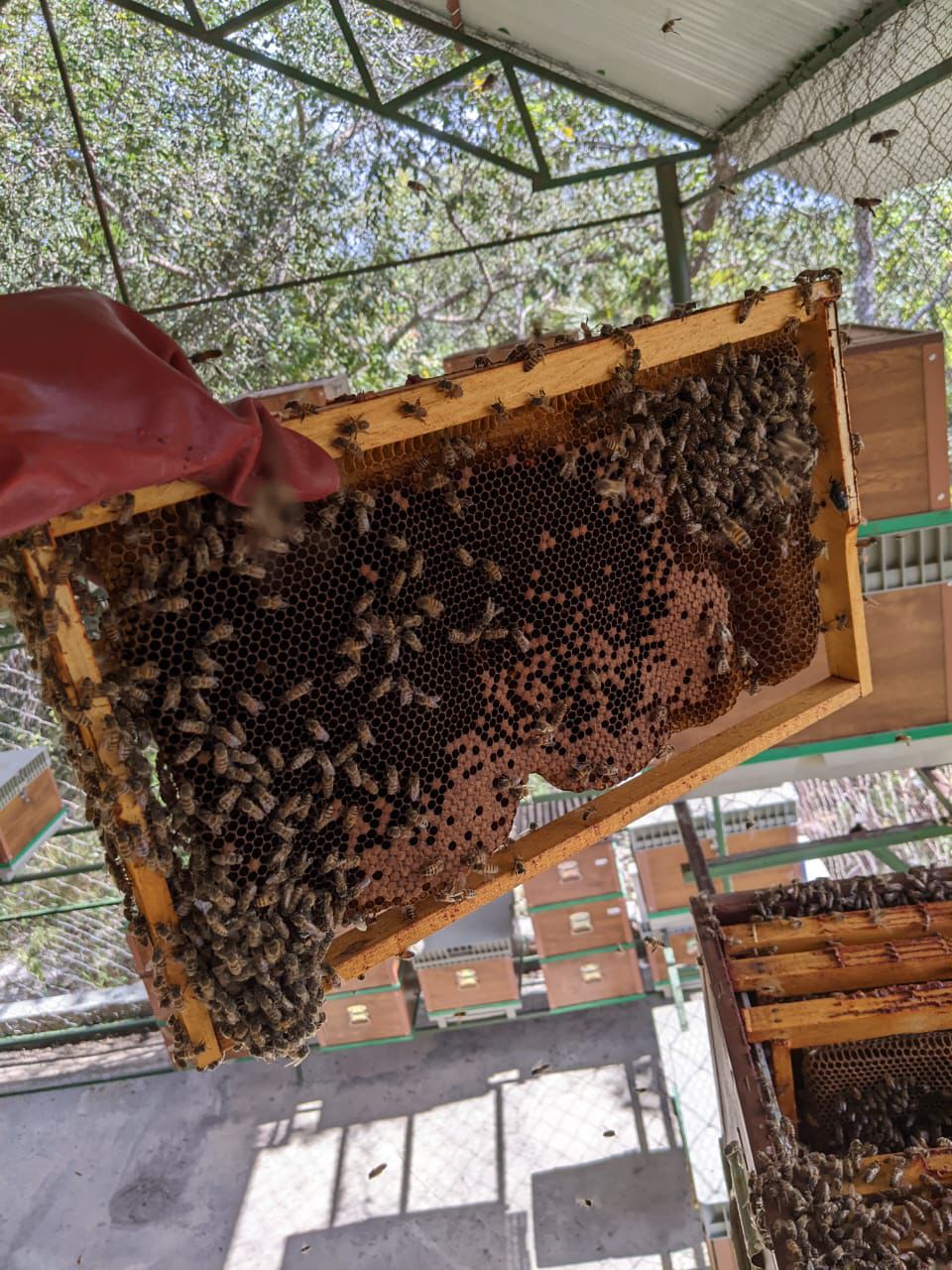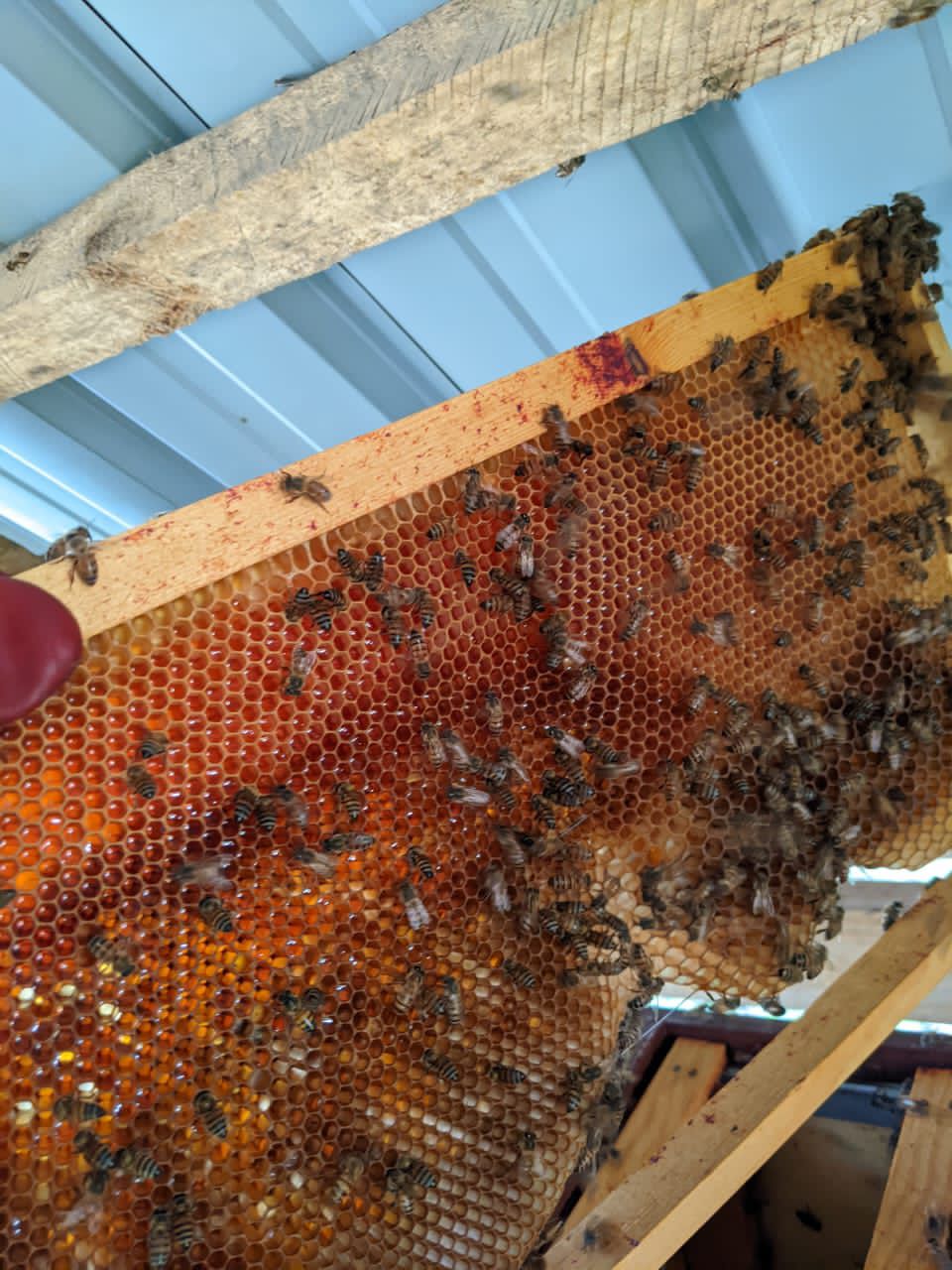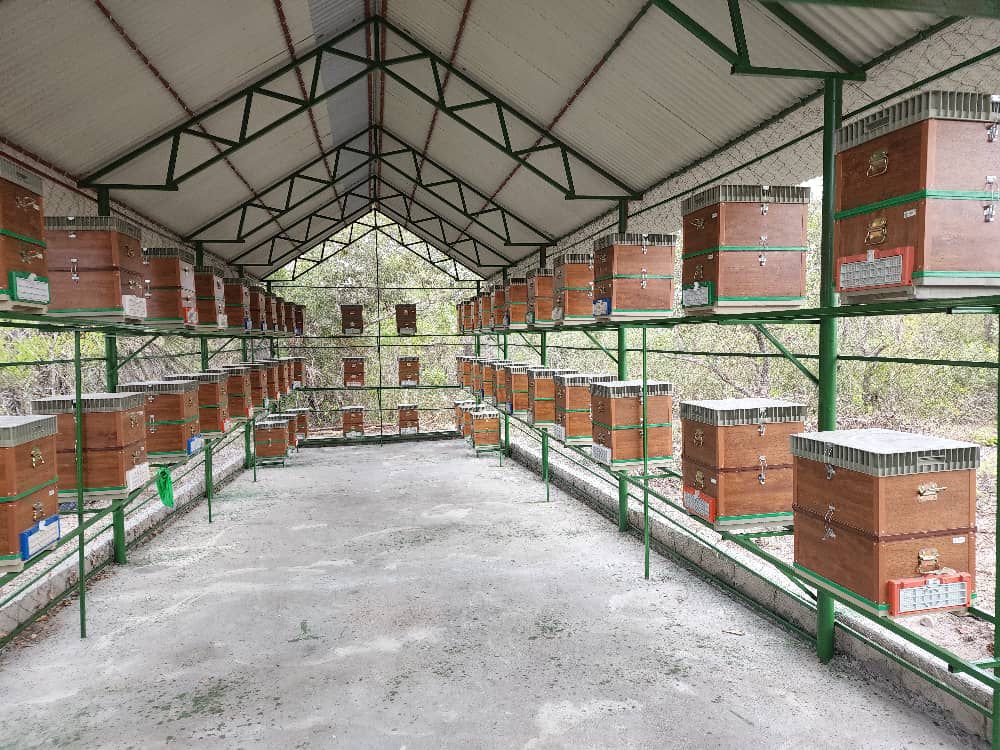In Tanzania, beekeeping holds untapped potential not just for environmental conservation but for socio-economic development as well.
In Tanzania, beekeeping holds untapped potential not just for environmental conservation but for socio-economic development as well.
At the heart of this movement is Worker Bees Africa, an initiative that brings communities together to safeguard bees while creating sustainable livelihoods. Founded by Ally Saburi, the organization aims to highlight the critical role bees play in food security, biodiversity, and community empowerment. Through projects like the Nyuki Marathon and Nyuki Aid Program, Worker Bees Africa is turning bee conservation into a rallying cry for environmental and economic transformation.
What inspired the creation of Worker Bees Africa?
“The idea came from my deep connection with nature and my desire to see communities thrive,” Saburi explains. He recalls being fascinated by the intricate role bees play in sustaining ecosystems, often overlooked despite their significant contributions. “Bees are much more than just pollinators; they are the backbone of biodiversity and food security. If we protect them, we protect ourselves.”

For Saburi, beekeeping is not just about honey production but about fostering resilience and cooperation within communities. “I realized that bees symbolize hard work, teamwork, and sustainability. That’s why Worker Bees Africa is not just an environmental project, but also a socio-economic one aimed at uplifting communities.”
How does Worker Bees Africa tap into Tanzania's beekeeping potential?
“Tanzania is a land of rich biodiversity, making it ideal for beekeeping,” Saburi emphasizes. He notes that while the country boasts expansive natural resources, the potential for beekeeping remains largely underutilized. “We wanted to change that by educating people about the value of bees—not just as honey producers but as vital contributors to agriculture and biodiversity.”
Worker Bees Africa takes a holistic approach, integrating environmental conservation with community development. “We’re bringing people from all walks of life into this movement,” he explains, “whether they’re farmers, students, or entrepreneurs. Our aim is to show that bees are more than nuisances—they’re key to building resilient, sustainable communities.”
What is the Nyki Marathon, and how does it promote bee conservation?
“The Nyuki Marathon is our way of blending sport with environmental advocacy,” Saburi shares, describing the event as a fun and interactive way to raise awareness about the importance of bees. Scheduled for Oct. 26th, 2024, in Arusha, the marathon invites participants from all over to celebrate these vital pollinators. “We call it ‘Nyuki,’ which means bee in Swahili, because bees are at the heart of our mission. It’s not just a race; it’s a celebration of the environment, community, and sustainability.”
By organizing the marathon, Saburi aims to make bee conservation more accessible to the general public. “Through events like this, we’re able to reach a larger audience and make bee conservation something everyone can get involved in, whether they’re beekeepers or not.”
How does the Nyuki Aid Program empower marginalized communities?
“Nyuki Aid is about turning bee conservation into a vehicle for social change,” Saburi explains. Following the Nyuki Marathon, this initiative focuses on community-based pollinator projects, particularly in marginalized and underprivileged areas. “We’re helping communities tackle problems like climate change and declining pollination, especially for smallholder farmers.”
But what sets the Nyuki Aid Program apart is its commitment to vulnerable populations. “We’re focused on empowering women, single-parent families, people with disabilities, and other marginalized groups,” Saburi highlights. “By training them in beekeeping and providing them with market access, we’re giving them the tools to create sustainable livelihoods while also conserving the environment.”
What role do bees play in promoting health and well-being?
Saburi is passionate about the broader benefits bees bring to communities. “Bees are essential for food production, but their contributions don’t stop there,” he notes. “Honey, for example, has medicinal properties—it’s antibacterial and great for wound healing. Other bee products, like propolis and royal jelly, also have health benefits, from boosting the immune system to reducing inflammation.”
Through Worker Bees Africa, Saburi seeks to educate people about these lesser-known benefits. “By promoting bee conservation, we’re not only protecting the environment but also supporting human health. Bees are integral to both environmental and personal well-being.”
What challenges has Worker Bees Africa faced in its mission?
Like many grassroots initiatives, Worker Bees Africa has faced its share of obstacles. “One of the biggest challenges is changing people’s perceptions of bees,” Saburi admits. “Many still see them as pests rather than the valuable pollinators they are.” This misunderstanding, coupled with the need for more funding and resources, has been a barrier to scaling the organization’s efforts.
“We also face the broader challenge of climate change,” he adds. “As the climate shifts, bees are at risk, which makes our mission even more urgent. But despite these challenges, we’re driven by the passion of our community and the tangible impact we’ve already seen.”

Looking ahead, what are your hopes for Worker Bees Africa?
“The future is bright,” Saburi says confidently. His vision for Worker Bees Africa is to expand its reach, both within Tanzania and across Africa. “We want to form more partnerships and continue to grow our impact. Our goal is to make bee conservation a mainstream movement, not just an environmental issue.”
Worker Bees Africa is also focused on scaling its educational programs. “We’re launching pollinator clubs in schools to teach the next generation about the importance of bees,” he shares. “By planting trees and flowers that sequester carbon and promote natural pollination, we’re helping students take a hands-on approach to climate change mitigation.”
What can people do to support your mission?
Saburi offers a clear call to action: “We need all the support we can get, whether it’s financial, material, or even just spreading the word about bee conservation. Bees are crucial to our survival, and by supporting Worker Bees Africa, you’re not just saving bees—you’re empowering communities and helping tackle climate change.”










